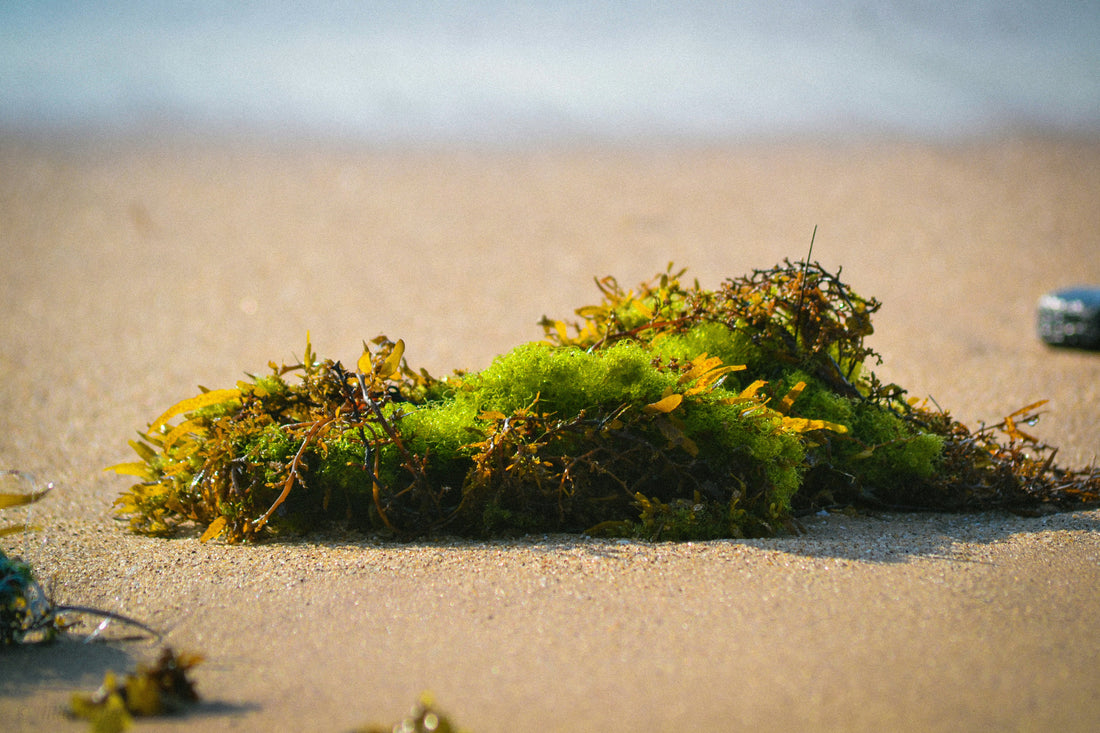Given the risks of heavy metal toxicity and the propensity for sea moss to absorb toxic substances from our oceans which are unfortunately very polluted, it is not recommended by doctors to take on a regular basis.
Sea moss, also known as Irish moss (Chondrus crispus), has gained significant popularity in the health and wellness community due to its purported health benefits. Here’s an overview of the hype around sea moss and the associated risks.
### The Hype Around Sea Moss
1. **Nutrient Density**:
- Sea moss is rich in essential minerals and vitamins. It contains iodine, calcium, potassium, sulfur, and vitamins A, E, F, and K .
- It is often touted for its high content of bioactive compounds, including antioxidants, which may help reduce oxidative stress and inflammation.
2. **Digestive Health**:
- Sea moss contains carrageenan, a type of soluble fiber, which can aid in digestion and promote gut health by acting as a prebiotic .
3. **Immune Support**:
- Due to its high nutrient content, sea moss is believed to support immune function. It contains compounds that may have antiviral and antimicrobial properties .
4. **Skin Health**:
- Sea moss is used in topical applications for its moisturizing properties and potential to improve skin health due to its high vitamin and mineral content.
5. **Weight Management**:
- The fiber in sea moss may help with weight management by promoting a feeling of fullness and aiding in digestion.
### The Risks of Sea Moss
1. **Iodine Content**:
- Sea moss contains a high amount of iodine, which can be beneficial for thyroid health in small amounts. However, excessive iodine intake can lead to thyroid dysfunction, including both hyperthyroidism and hypothyroidism .
2. **Heavy Metal Contamination**:
- Like other seaweeds, sea moss can absorb heavy metals from the ocean. Consuming contaminated sea moss can pose health risks, particularly heavy metal toxicity .
3. **Digestive Issues**:
- High carrageenan content can sometimes cause digestive issues, including inflammation and bloating, especially in sensitive individuals .
4. **Allergic Reactions**:
- Some individuals may be allergic to sea moss or its components, leading to allergic reactions ranging from mild skin irritation to more severe symptoms.
5. **Quality and Purity Concerns**:
- The quality of sea moss products can vary significantly. Some products may be adulterated or not properly processed, leading to potential health risks.
### Conclusion
Sea moss offers numerous potential health benefits due to its rich nutrient profile and bioactive compounds. However, it is important to consume it in moderation and ensure that it is sourced from clean, uncontaminated waters. This is difficult to do. Given the risks of heavy metal toxicity and the propensity for sea moss to absorb toxic substances from our oceans which are unfortunately very polluted, it is not recommended by doctors to take on a regular basis.

